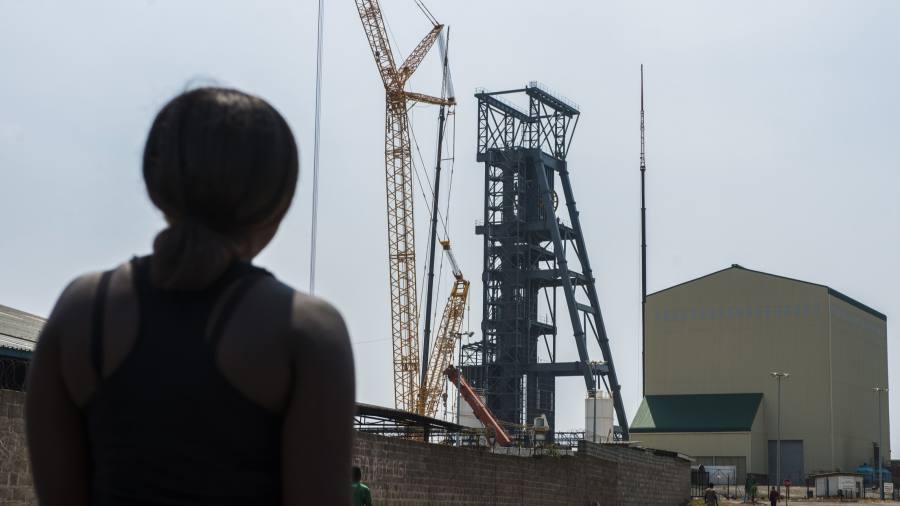
Zambia’s Anti-Corruption Commission has opened an investigation into an alleged payment made by Glencore, the London-listed trading house, to an unnamed political party.
The probe in the southern African nation is the latest headache for Glencore, which has been trying to turn over a fresh leaf under new chief executive Gary Nagle.
The Swiss-based trading house was convicted of bribery and market manipulation in May following US, UK and Brazilian investigations, and has set aside $1.5bn to pay those fines. Glencore’s Zambian operations were not named in those cases.
The Zambian investigation, which is unrelated to the earlier US and UK investigations, centres on an alleged payment made in 2016.
The Anti-Corruption Commission said in a statement that it had interrogated Davies Chama, a former defence minister under ex-president Edgar Lungu, “to help with investigations in connection with a matter in which money amounting to US$3mn was paid to a named political party in 2016 by Glencore International AG”.
The statement goes on: “The investigations border on the circumstances under which these funds were paid by the said mining firm to a political party soon after which the firm exited Zambia under unfavourable terms to the Government of the Republic of Zambia.”
Glencore exited Zambia in 2021, five years after the alleged payment.
Zambia’s president, Hakainde Hichilema, won a landslide election victory last year over Lungu’s former ruling Patriotic Front, which had embarked on a push to nationalise copper mines, the country’s major source of exports, amid a debt crisis.
Lungu’s government suffered years of tense relations with international investors in Zambia’s copper mines, such as Glencore and First Quantum, over issues such as taxes and the de facto seizure of Vedanta’s KCM operation in 2019.
Glencore sold a controlling stake in its Mopani Copper Mines operation to Zambia’s state mining investor months before the 2021 election, including the transfer of $1.5bn in loans at a time when Zambia had defaulted on international obligations, including US dollar bonds.
The Zambian government promised to repay the loans to Glencore from future copper output. Glencore retains marketing rights for the copper until the debt has been paid.
Misconduct investigations into the Swiss trading house are ongoing in the Netherlands and in Switzerland.
Glencore said in a statement that it had “engaged in good faith negotiations with the Zambian government over an extended period (2020-2021) to agree a mutually acceptable transaction which was openly and transparently disclosed to all stakeholders”.
“Any suggestion of improper conduct relating to the sale of Mopani to [Zambia’s state mine investor] is baseless,” it added.
Glencore said in May it had taken significant steps to enhance its ethics and compliance programme. “Glencore today is not the company it was when the unacceptable practices behind this misconduct occurred,” chair Kalidas Madhavpeddi said in May.
Hichilema’s government has pledged to restore foreign investment in Zambia’s copper production, such as a deal with First Quantum this year to extend the life of a major mine.